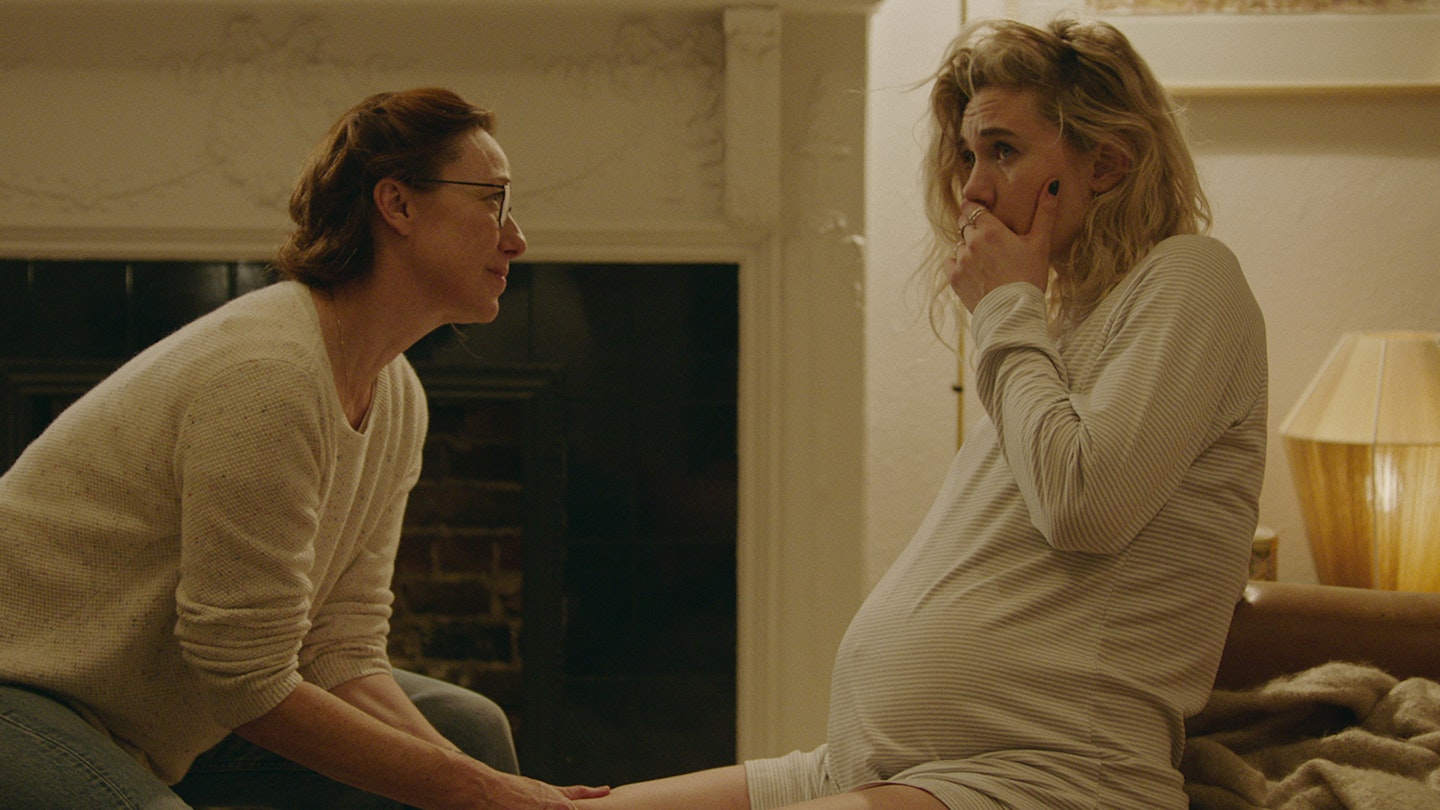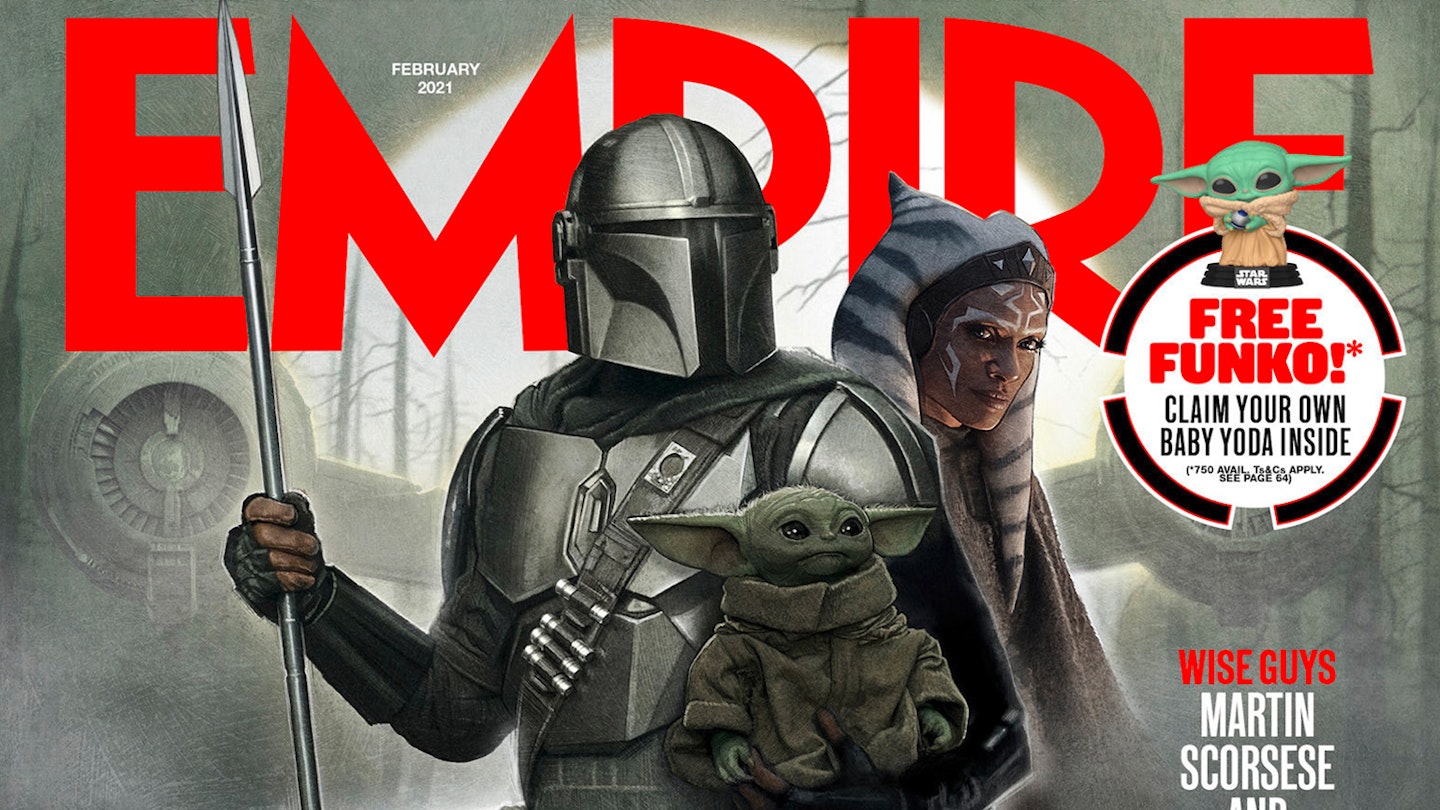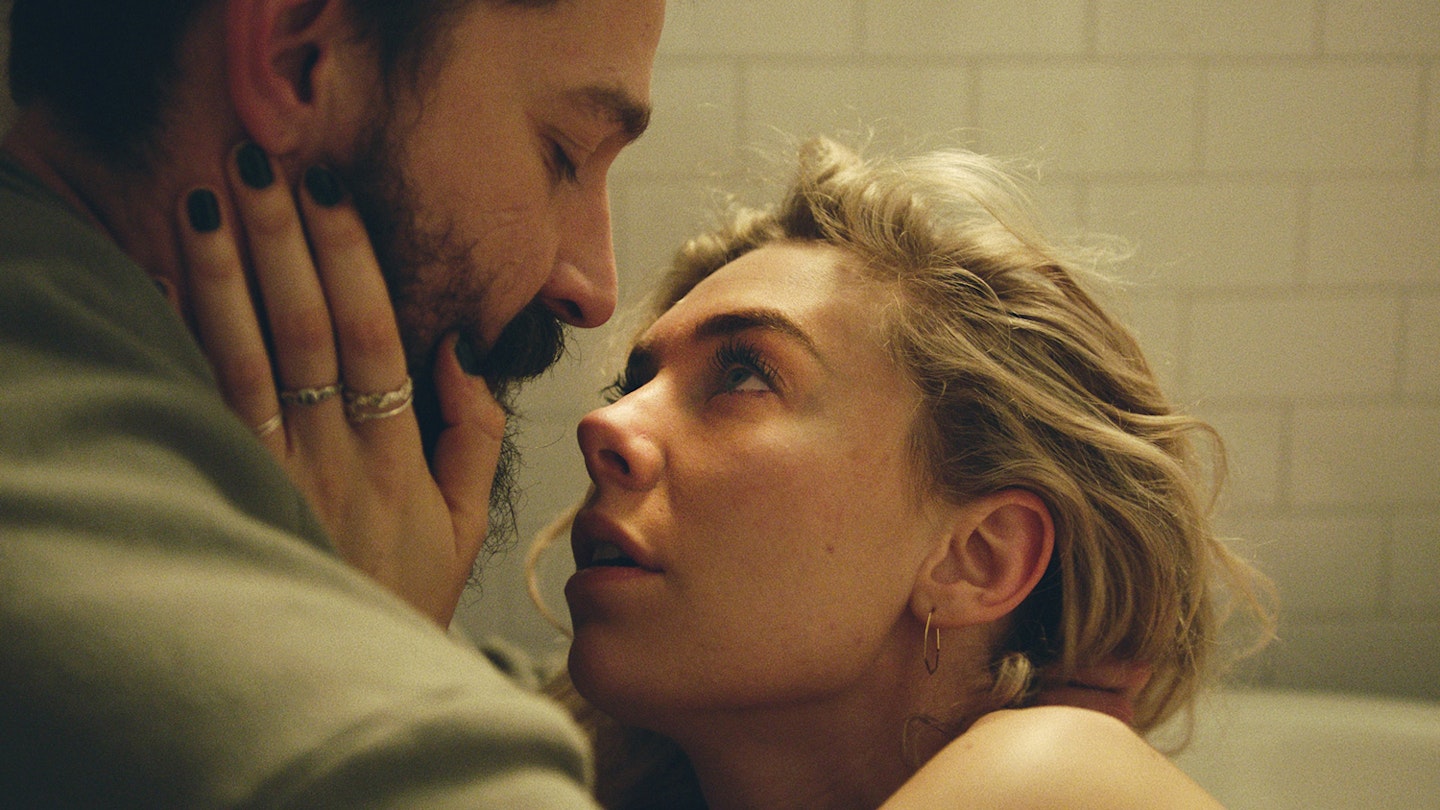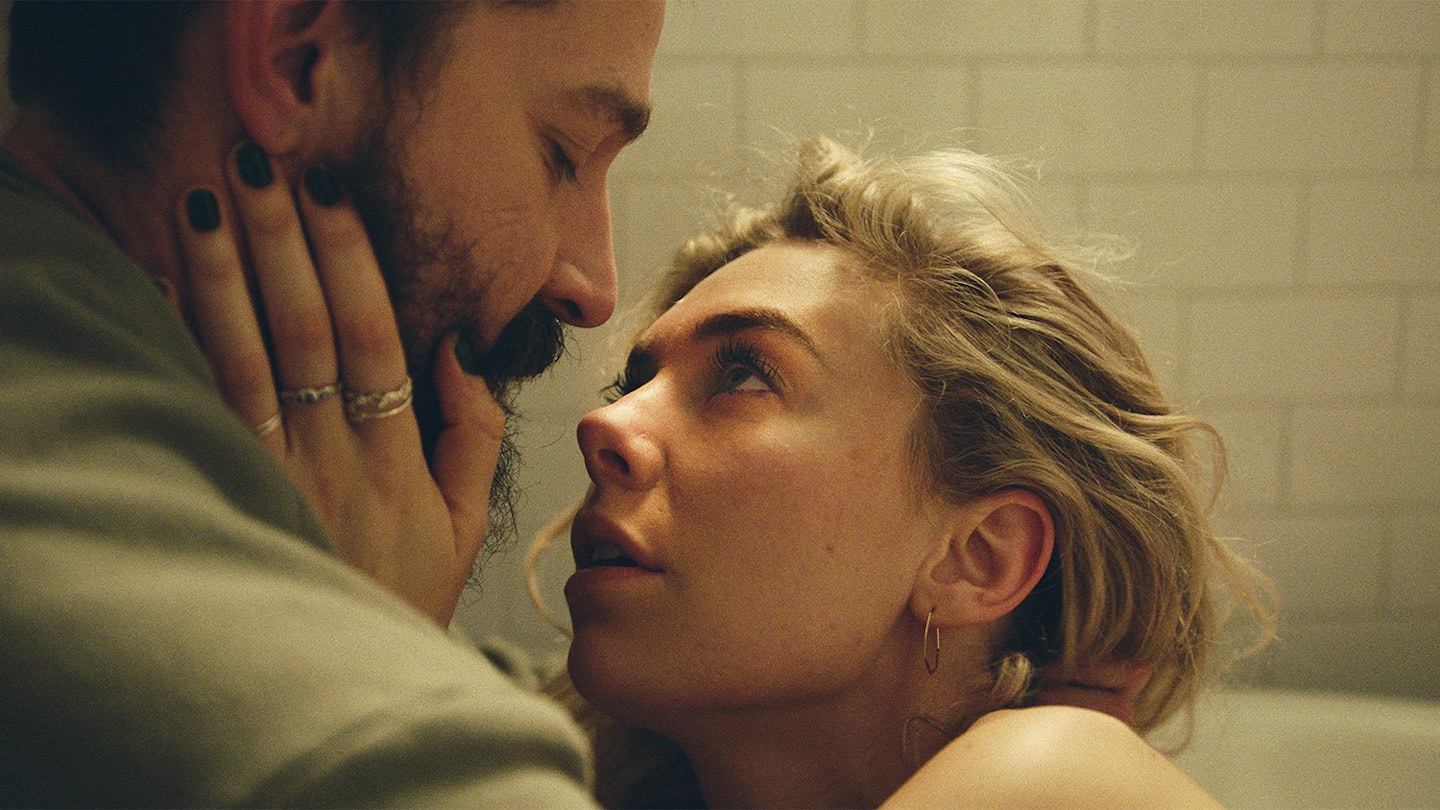It’s September, and construction engineer Sean (Shia LaBeouf) and his partner Martha (Vanessa Kirby) are preparing for the birth of their first child. Banners at the baby shower proclaim “It’s a girl”, before the couple head to pick up a car bought for them by Martha’s domineering mother Elizabeth (Ellen Burstyn). There are signs of unease between the three: the thwack of Elizabeth’s cheque book immediately denting Sean’s masculinity (“She wants to emasculate me,” he says when she chooses a minivan); Martha’s shoulders perceptibly tightening and locking as her mother’s silent disapproval sours the air between them.
These issues don’t pale into insignificance with what comes next (though it’s undoubtedly much, much worse). They’re simply the kindling for the slow-burning fire that follows and looks to swallow them all whole.

Martha’s labour is set to be a routine home birth. But when it starts, the midwife can’t come — she’s in the middle of a heavy labour with another woman — and a replacement arrives (Molly Parker). Martha howls, bucks, growls and swears in a 24-minute childbirth one-shot that comes close to body horror. Shot with a gimbal, rather than a handheld, it doesn’t have the frenetic, jumpy movement of a horror film, but it does have the intensity and immersive feel of one, and that’s not all it shares with the genre. There’s a shot of Martha’s limp arm draped over the side of the bathtub unmoving, her disembodied moans out of sight; foretelling looks between characters; creaking, creeping tension that moves to a galloping intensity that’s at times unbearable and almost unwatchable.
Vanessa Kirby here is nothing short of breathtaking.
On the other side of this scene, in its wake, the film changes gear, tone and intent. Tragedy has struck, and if that half an hour was all about action, this is all about inaction; the paralysis in the wintery depths of grief. A grief that hasn’t just unmoored Martha from Sean, but from her mother too, who seems only concerned with seeing the midwife prosecuted.
While Sean (a remarkable LaBeouf) wears his agony on the outside — returning to cocaine, cigarettes and booze to escape — Martha turns entirely in on herself. She’s numb and stripped raw, every nerve end alive with pain. A characterisation built from such seeming contradictions is entirely deliberate in performance, writing and direction. It’s the reality of a pain, a situation, so gigantic, illogical and impossible that you break completely just attempting to withstand it. And Kirby here is nothing short of breathtaking. The film, when it stutters, does so partly because there is not yet a language that exists for this subject in cinema. It’s brutal and uncommunicable, and all you’re left with is silence and absence.
It’s a silence that director Kornél Mundruczó and writer and partner Kata Wéber — who share a “film by” credit — wrestle with, not always entirely successfully. Cue a soapy courtroom scene and some heavy-handed symbolism which doesn’t quite fit the austere, stark grammar and power of the rest of the film.



